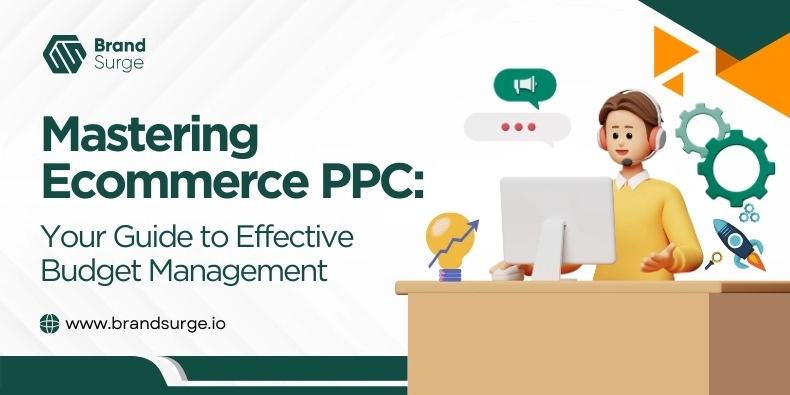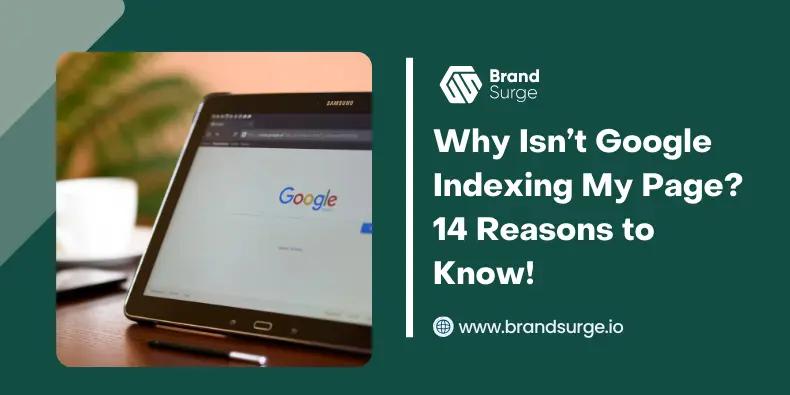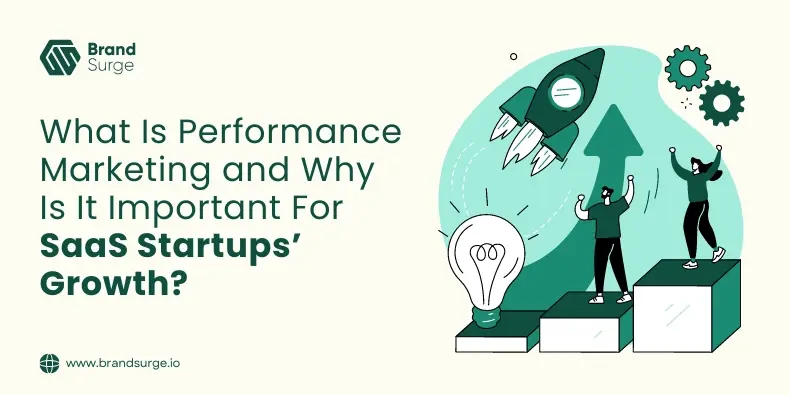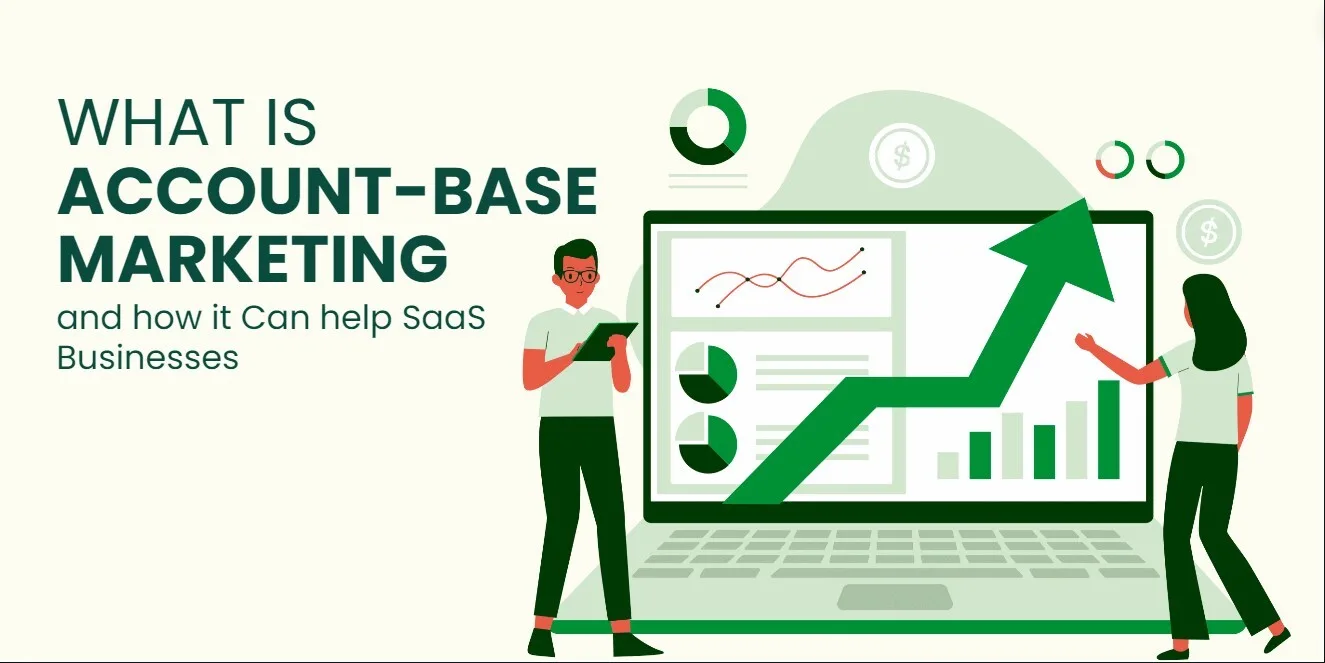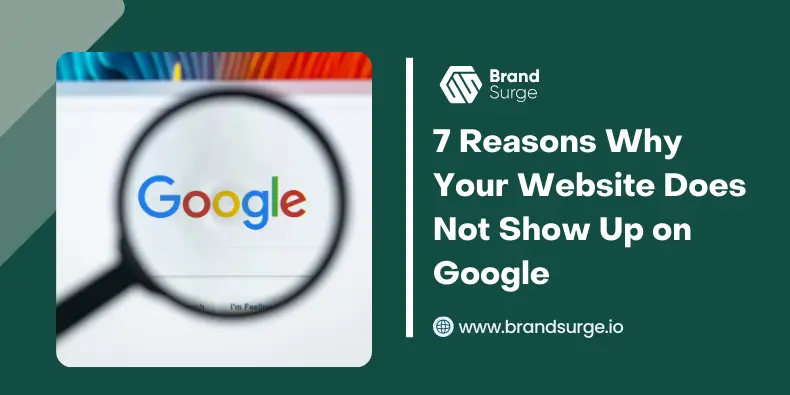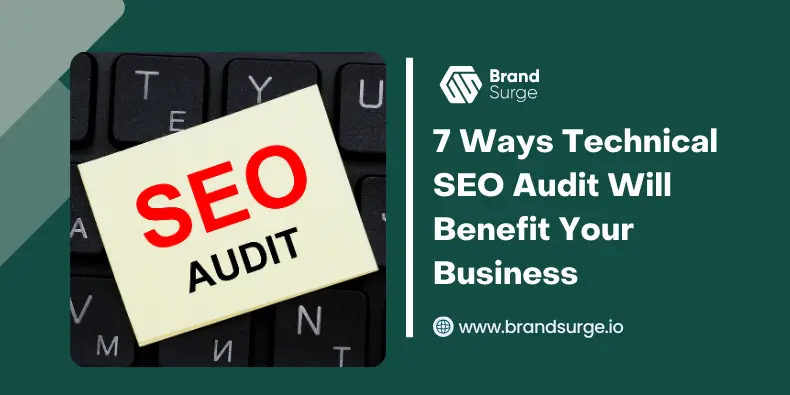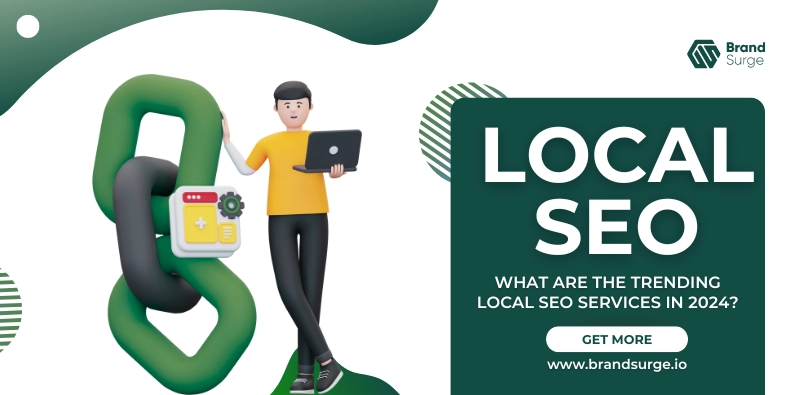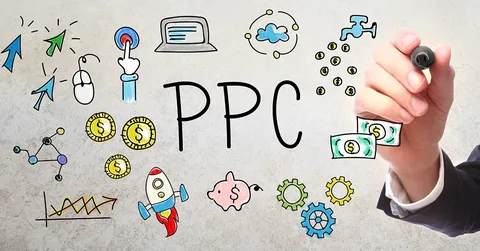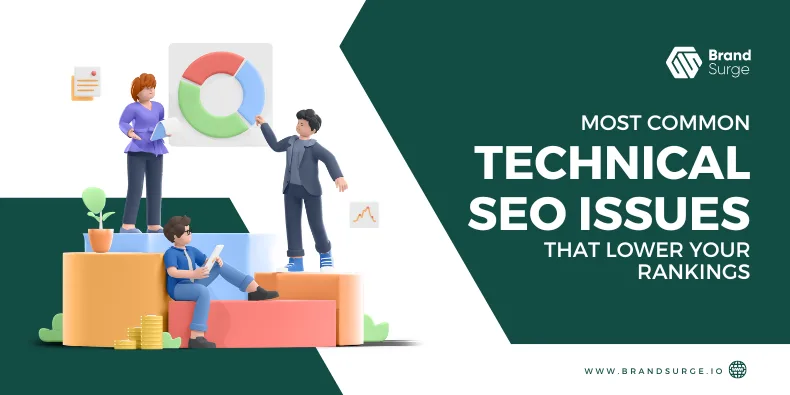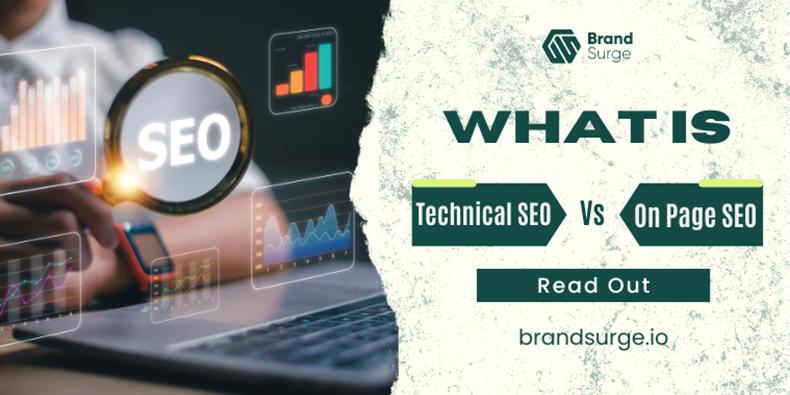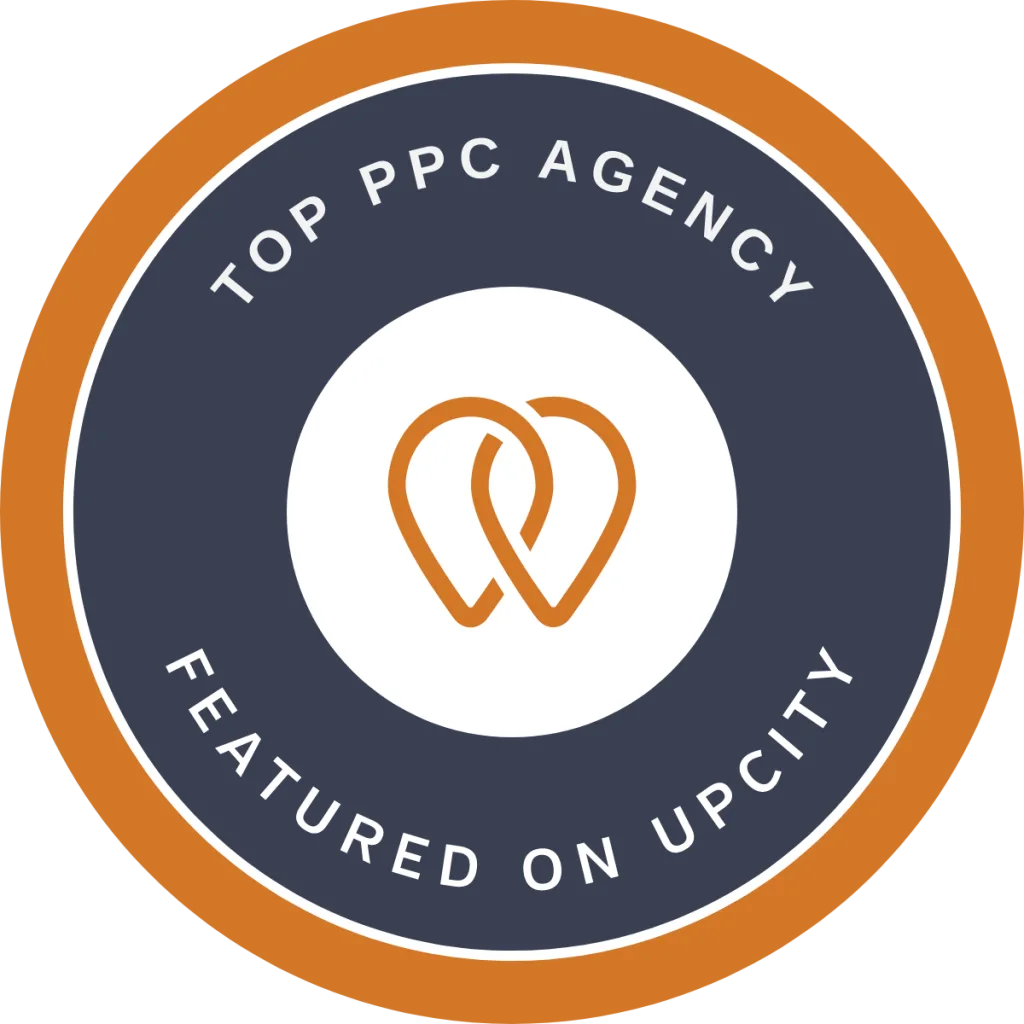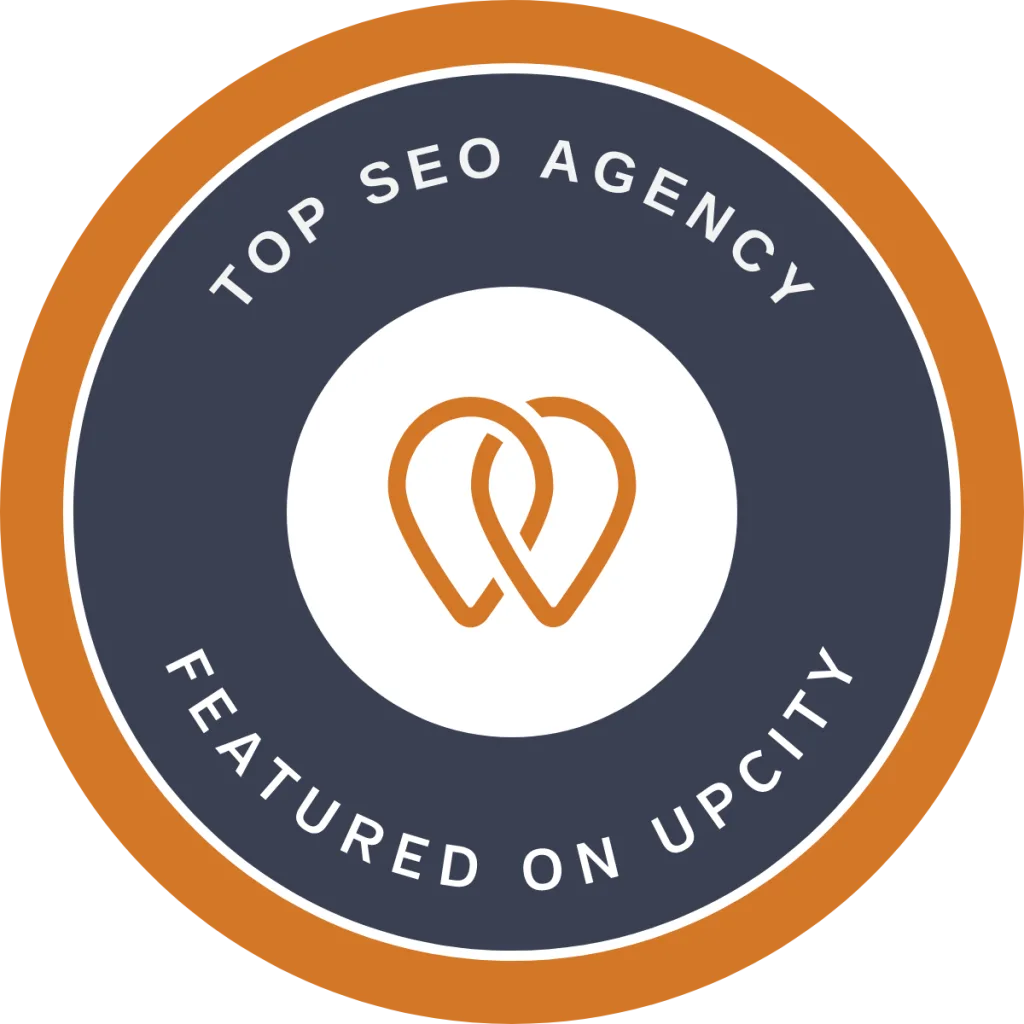In the bustling digital marketplace where competition is fierce, having a robust E-commerce PPC strategy can be a game-changer, catapulting your online store to new heights.
What is the Role of E-commerce PPC in Today’s Online Marketplaces?
E-commerce PPC, or pay-per-click advertising, goes beyond just bidding on the right keywords and waiting for conversions. It’s about strategically managing your budget to get the most out of every cent spent. E-commerce PPC is akin to a digital trail guide, leading your business towards visibility, customer engagement, and increased sales.
But how exactly can you manage your PPC budget effectively?
Before delving into that, let’s comprehend the significance of e-commerce PPC.
What Makes E-commerce PPC so Important?
E-commerce PPC is all about ‘What are the Best Strategies of PPC for Ecommerce Sites?’—it stands as the backbone of your online advertising efforts. It’s the engine driving your campaign, accelerating your journey toward higher visibility, customer acquisition, and ROI. With precise targeting and bid management, PPC provides an unrivaled opportunity to connect with potential customers at the moment they’re ready to purchase.
But how can you make the most of your e-commerce PPC budget? What are the key considerations and strategies to adopt?
Step-By-Step Guide to Effective PPC Budget Management
Managing a PPC budget effectively involves several key strategies:
Define Your Goals
Before allocating any budget to your PPC campaigns, defining clear, measurable goals is crucial. Are you aiming for brand awareness, lead generation, or direct sales? The goals will influence how much you are willing to pay per click and conversion.
Set the Right Budget
The foundation of a successful PPC lead generation campaign is in setting the right budget. You should consider factors such as your industry, competition, product margins, and overall business goals. For instance, if your primary goal is brand awareness, you might allocate more budget to broader keywords to reach a wider audience.
However, if conversions are your goal, it might be more effective to focus on specific, high-intent keywords, even if they cost more.
Conduct Effective Keyword Research
Keyword research is the backbone of PPC for e-commerce sites. It involves identifying the right keywords that your potential customers are likely to use when searching for your products.
The right keyword strategy can make your ads more visible to your target audience, leading to increased traffic and conversions.
Optimize Your Landing Pages
The journey doesn’t end with a click. You need to ensure that once a user lands on your page, they find what they’re looking for and are encouraged to make a purchase.
Landing page optimization involves improving the design, load speed, and content of your page to enhance the user experience and increase conversions.
This might involve adjusting your bids, refining your keyword strategy, or tweaking your ad copy.
Implement Conversion Tracking
This allows you to see what keywords, ads, and campaigns are driving valuable actions, such as form submissions or purchases.
By focusing on what’s working, you can allocate your budget more effectively.
Use Ad Scheduling
Ad scheduling (or dayparting) allows you to display your ads at specific times when they are likely to perform best. This can save money by avoiding clicks during low-conversion periods.
Quality Score
It is a score calculated by Google and Microsoft alongside your bid to determine your ad rank.
A higher Quality Score can lead to lower costs and better ad positions. This score is based on the relevance of your ad to the keyword, the quality of your landing page, and your ad’s click-through rate (CTR).
Optimizing these factors can make your budget go further.
Regular Monitoring and Adjustments
Monitor your campaigns closely and make regular adjustments. This might involve pausing underperforming keywords or ads, shifting the budget to high-performing campaigns, or adjusting your bid strategy.
Keeping an eye on your PPC strategy for e-commerce and campaign performance is essential to ensuring that your budget is being utilized effectively. Regular monitoring allows you to identify which strategies are working and which ones need improvement.
Meanwhile, managing PPC for e-commerce sites can be a complex task. That’s where a digital marketing agency like Brand Surge can prove invaluable. We provide end-to-end digital marketing agency services, including PPC management, helping you get the best return on your advertising spend.Still, trying to figure out how to effectively manage PPC? Get a free consultation with our PPC experts right now!
